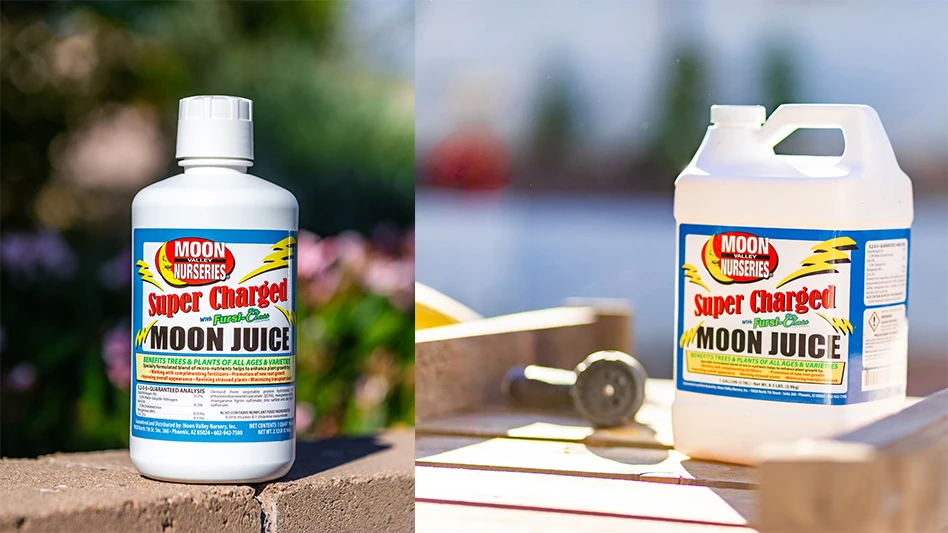
Striking a balance with store return policies can be difficult. You want to be fair and inspire confidence in customers, especially people who are new to gardening, but you don’t want to be taken advantage of, either. Independent garden centers have the special challenge of selling live goods, the success of which are very much dependent on the buyers’ care.
You want people to be successful, but if customers overwater their houseplants, should IGCs be responsible? What about an unusually cold winter that kills a newly planted dogwood? Or, in my case, that windy day that swept my aster, kale and grass combination container off the porch, an incident from which the aster did not recover? Should IGCs be burdened by Mother Nature, accepting plants killed by conditions they cannot predict nor control, and take back products they can no longer sell?
I thought about this predicament a couple months ago while listening to an NPR story about a retailer with perhaps one of the most lenient return policies out there: L.L. Bean. According to NPR, customer service agents at L.L. Bean happily accept worn backpacks with broken zippers, ancient, tattered and stained collared shirts and decade-old (but unworn and forgotten) sweaters. The condition and age of apparel or products, or whether you have a receipt, does not matter, nor do the circumstances or reason for return. You can take back your perfectly acceptable, durable 8-year-old backpack that broke from natural causes of use for nearly 3,000 days and get a fresh one. No judgments.
NPR reporters brought up valid points: “loyal” customers could return their old merchandise year after year to get replacements, eliminating the need to replace old items with new, purchased ones. There’s also the thrift-store factor. Customers can pick up discarded garments and return them for new ones. With no proof of purchase necessary, anyone can do this. NPR asked Steve Fuller, L.L. Bean’s chief marketing officer, about the potential for cheating the system. He explained it this way: “If she believes her zippers should last a longer time, we’ll respect that and we’ll refund her money or give her a new product until she’s happy.”
For them, it’s all about customer satisfaction, and encouraging lifelong loyalty.
We wondered how independent garden centers handled returns where many variables, including weather, can determine the outcome of plants. We spoke to a handful of retailers about their policies and how they impacted profits.
In speaking of unforeseen weather events, in our final issue of 2016, you’ll find the story of two garden centers in Baton Rouge, La., and how they responded after what’s being called an 1,000-year-flood (more on that later) destroyed one of their businesses. Their response is a testament to the kindness that is found everywhere in this industry.
Thank you for reading and for your support. We wish you all a wonderful holiday season and a very Happy New Year!
Michelle Simakis
msimakis@gie.net

Explore the December 2016 Issue
Check out more from this issue and find your next story to read.
Latest from Garden Center
- Society of American Florists accepting entries for 2025 Marketer of the Year Contest
- Sustainabloom launches Wholesale Nickel Program to support floriculture sustainability
- American Horticultural Society welcomes five new board members
- Color Orchids acquires Floricultura Pacific, becoming largest orchid supplier in U.S.
- American Floral Endowment establishes Demaree Family Floriculture Advancement Fund
- University of Florida researchers are securing the future of floral fragrance using caladium
- The Growth Industry Episode 3: Across the Pond with Neville Stein
- Proven Winners offers Certified Garden Center Training for staff education





